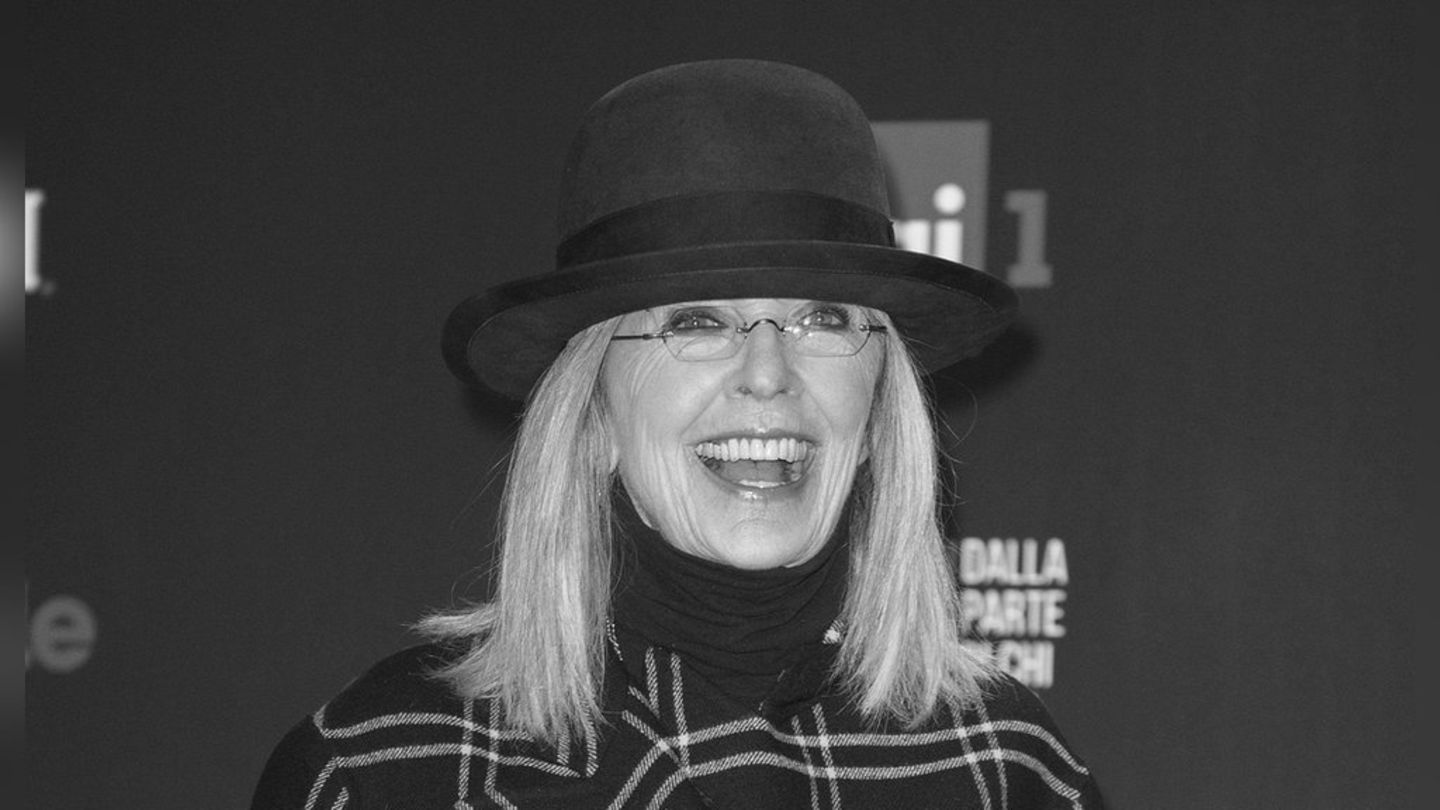Menu
Complete financial knowledge: Many Germans have little idea of investing
Categories
Most Read
Gas imports: Imports via German LNG terminals at record levels
October 12, 2025
No Comments
A key advisor to Javier Milei affirmed that the Government will announce a new convertibility plan
October 12, 2025
No Comments
Finance and investments top the list of the 400 richest in the US in 2025
October 11, 2025
No Comments
The DNI Account benefit with which you can save on your next book purchase
October 11, 2025
No Comments
Global managers debate whether its price is in a bubble
October 11, 2025
No Comments
Latest Posts

Andreas Gabalier: The singer is taken again
October 12, 2025
No Comments
Lisa HarrisI am an author and journalist who has worked in the entertainment industry for over a decade. I currently work as a news editor

Stars say goodbye to Diane Keaton: She was “unique, brilliant, funny”
October 12, 2025
No Comments
Lisa HarrisI am an author and journalist who has worked in the entertainment industry for over a decade. I currently work as a news editor

Luciano Pavarotti would have been 90 years old: the legend lives on
October 12, 2025
No Comments
Lisa HarrisI am an author and journalist who has worked in the entertainment industry for over a decade. I currently work as a news editor
24 Hours Worlds is a comprehensive source of instant world current affairs, offering up-to-the-minute coverage of breaking news and events from around the globe. With a team of experienced journalists and experts on hand 24/7.

